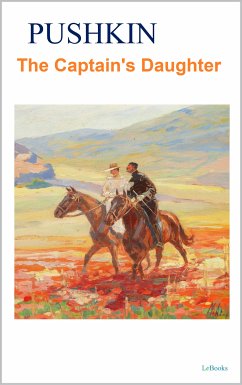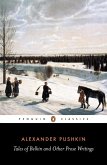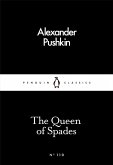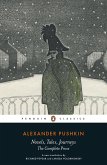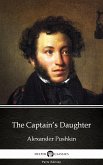Born in Russia, Alexander Sergeyevich Pushkin (1799-1837) is considered the greatest Russian poet and one of the founders of modern Russian literature. He was a pioneer in the use of colloquial language, creating a narrative style that blends romance, drama, and satire. His work "The Captain's Daughter" offers a faithful portrayal of Russian life in the 18th century, as well as the popular revolt that nearly shook the imperial throne of Catherine the Great. The setting is Tsarist Russia, where the story of Andrei Pietrovich Griniov unfolds, a young nobleman from the city of Simbirsk who is sent by his father, a former military man, to a barracks to learn about discipline and responsibility before taking control of his own life. It is a work in which the writer's genius transforms historical facts into vivid fiction, and with great stories and unimaginable twists, it intensely pleases the reader.
Dieser Download kann aus rechtlichen Gründen nur mit Rechnungsadresse in A, B, BG, CY, CZ, D, DK, EW, E, FIN, F, GR, H, IRL, I, LT, L, LR, M, NL, PL, P, R, S, SLO, SK ausgeliefert werden.

